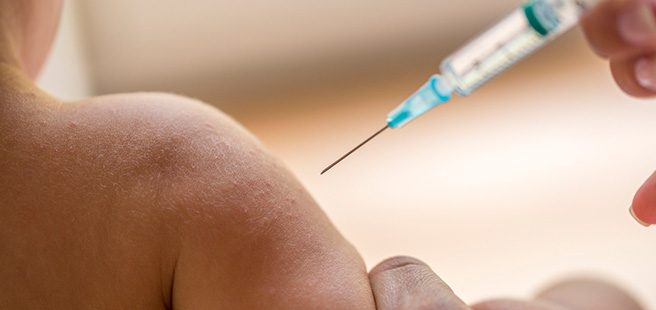A new study conducted by the University of Sydney in collaboration with Fiji National University has revealed that just over half of children with disabilities in parts of Fiji are fully vaccinated under the National Immunisation Programme (NIP).
The research, conducted between April and May 2023 in the Suva–Nausori area and Rewa, involved 198 children aged 2 to 19 years with various disabilities, including motor, vision, hearing, speech, intellectual disabilities, and epilepsy, and their caregivers.
The study found that only 55% of the children were fully vaccinated against all vaccines under the NIP.
While uptake was relatively high for the first dose of each vaccine, coverage declined with each subsequent dose.
Key findings also revealed that older children (15–19 years) were significantly less likely to be fully vaccinated, children with hearing difficulties had lower vaccination rates, caregivers’ low confidence in vaccine safety was linked to lower immunisation rates and children with mobility difficulties had higher vaccination coverage.
The findings highlight the need for more inclusive health policies to ensure that children with disabilities are not left behind in national vaccination efforts.
“Children with disabilities are particularly vulnerable to infections from vaccine-preventable diseases,” the research stated.
“Policies and response plans must address access barriers and ensure equitable delivery of vaccines.”
The researchers are calling on health authorities and policymakers to strengthen outreach and tailor public health messaging to improve vaccine confidence among caregivers, especially those of children with disabilities.



